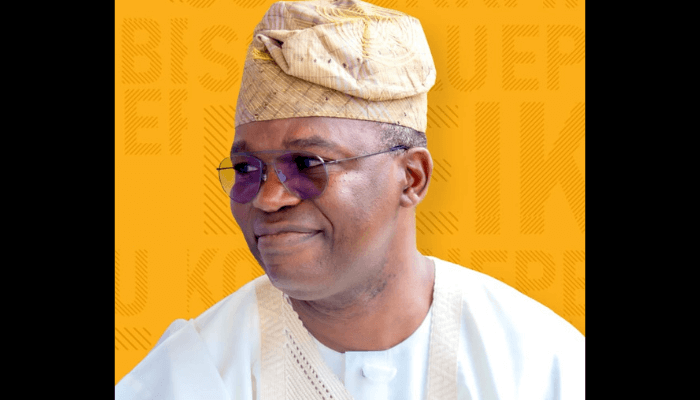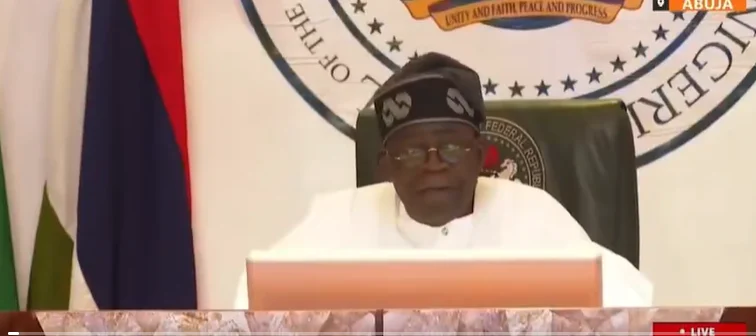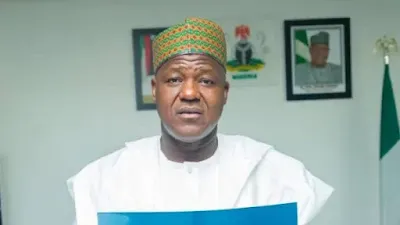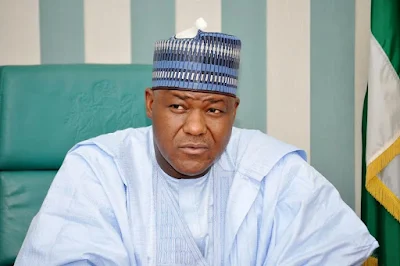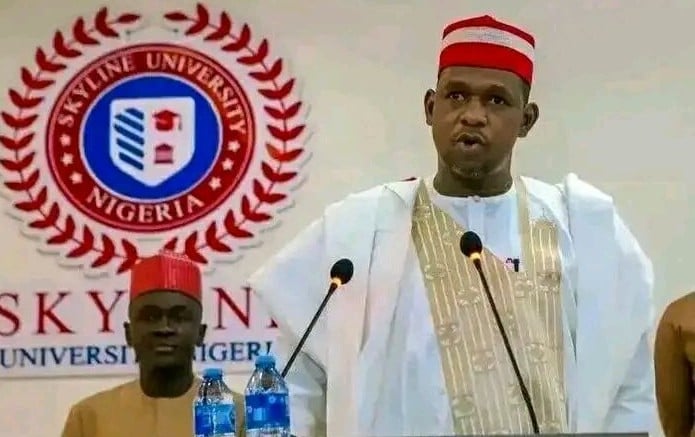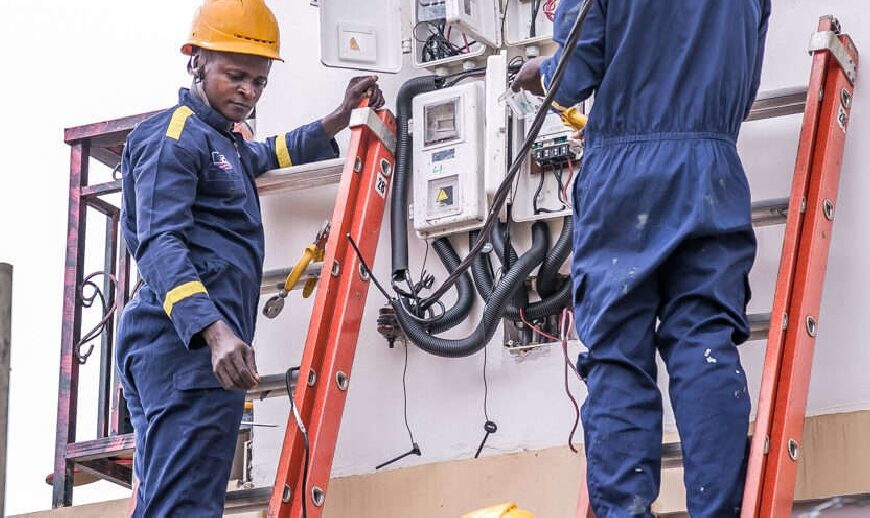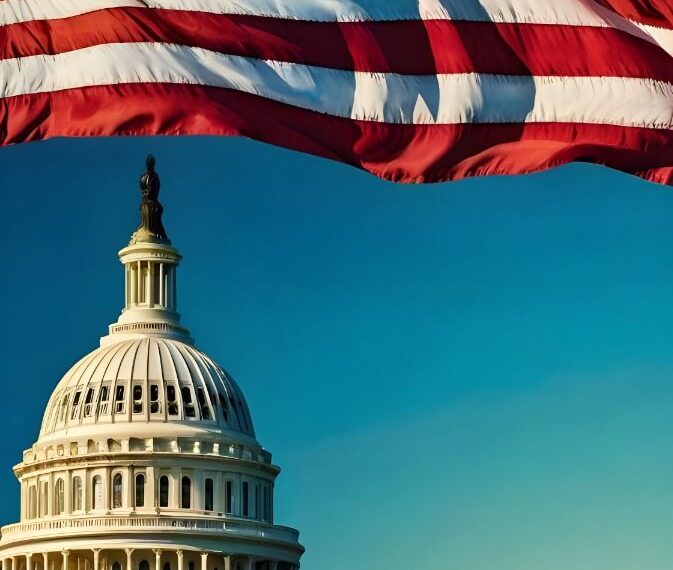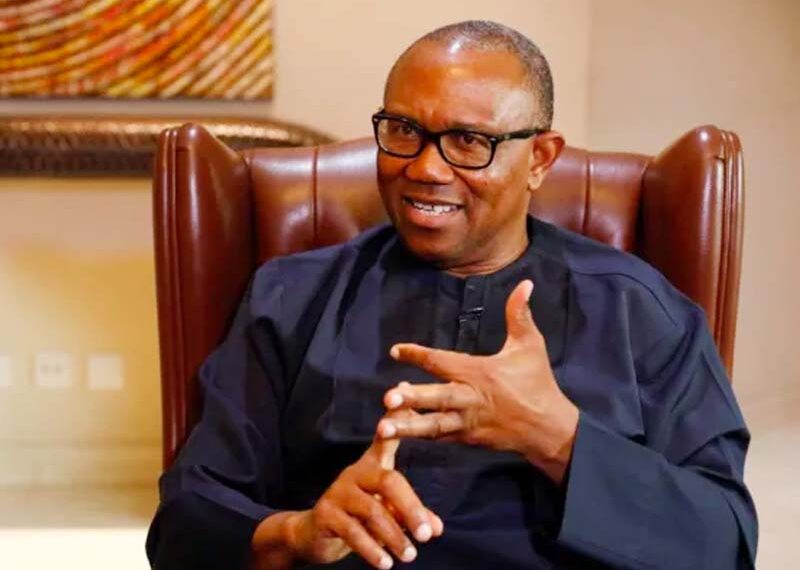The Nigerian Senate has expressed deep frustration over the failure of the Nigerian National Petroleum Company Limited (NNPCL) to appear before its Public Accounts Committee for an audit investigation involving ₦210 trillion in financial discrepancies.

Key Allegations
An audit report covering NNPCL’s financial records from 2017 to 2023 flagged ₦103 trillion in undocumented expenses and ₦107 trillion in questionable receivables. The Senate described the findings as unprecedented and demanded immediate clarification from the state oil company.
Senator Aliyu Wadada, Chairman of the Public Accounts Committee, disclosed that 11 audit queries were issued to NNPCL, including issues surrounding ₦600 billion in retention fees, legal fees, and discrepancies between internally submitted accounts and those publicly declared.
Senate Ultimatum
Despite being given a one-week deadline to respond to the queries and appear before the committee, NNPCL failed to comply. The company instead requested a two-month extension, citing a scheduled management retreat.
The Senate rejected the request, deeming it an unacceptable excuse and warning of constitutional consequences. A new deadline has been set for July 10, 2025. The committee expects the Group Managing Director of NNPCL to appear in person.
Possible Sanctions
Senator Wadada cautioned that continued noncompliance could trigger contempt proceedings. He emphasized that the Senate has the constitutional power to compel NNPCL leadership to appear and account for the alleged financial irregularities.
Public Reactions
The controversy has drawn widespread condemnation. Former presidential candidate Peter Obi described the scandal as proof that Nigeria has become a “crime scene,” accusing NNPCL of presiding over systemic corruption. Civil society groups have echoed calls for full transparency, especially in light of the company’s plans for a future public listing.
Implications
Analysts warn that the audit controversy could damage investor confidence, especially as NNPCL prepares for an initial public offering (IPO). Lawmakers and observers argue that the integrity of public financial records is vital for both market credibility and national accountability.
This probe adds to a growing list of federal agencies under scrutiny, including the Central Bank of Nigeria and the Federal Inland Revenue Service, which have also faced audit compliance issues in recent months.
Timeline
| Date | Event |
|---|---|
| June 18, 2025 | Senate issues one-week deadline to NNPCL |
| June 24, 2025 | NNPCL requests a two-month extension |
| June 26, 2025 | NNPCL fails to appear; Senate extends deadline |
| July 10, 2025 | Final deadline for NNPCL’s Group Managing Director to appear |
Conclusion
The Senate’s aggressive stance underscores a renewed push for financial accountability in Nigeria’s oil sector. With ₦210 trillion in question, the outcome of this probe may be a litmus test for the government’s resolve on transparency and reform.

